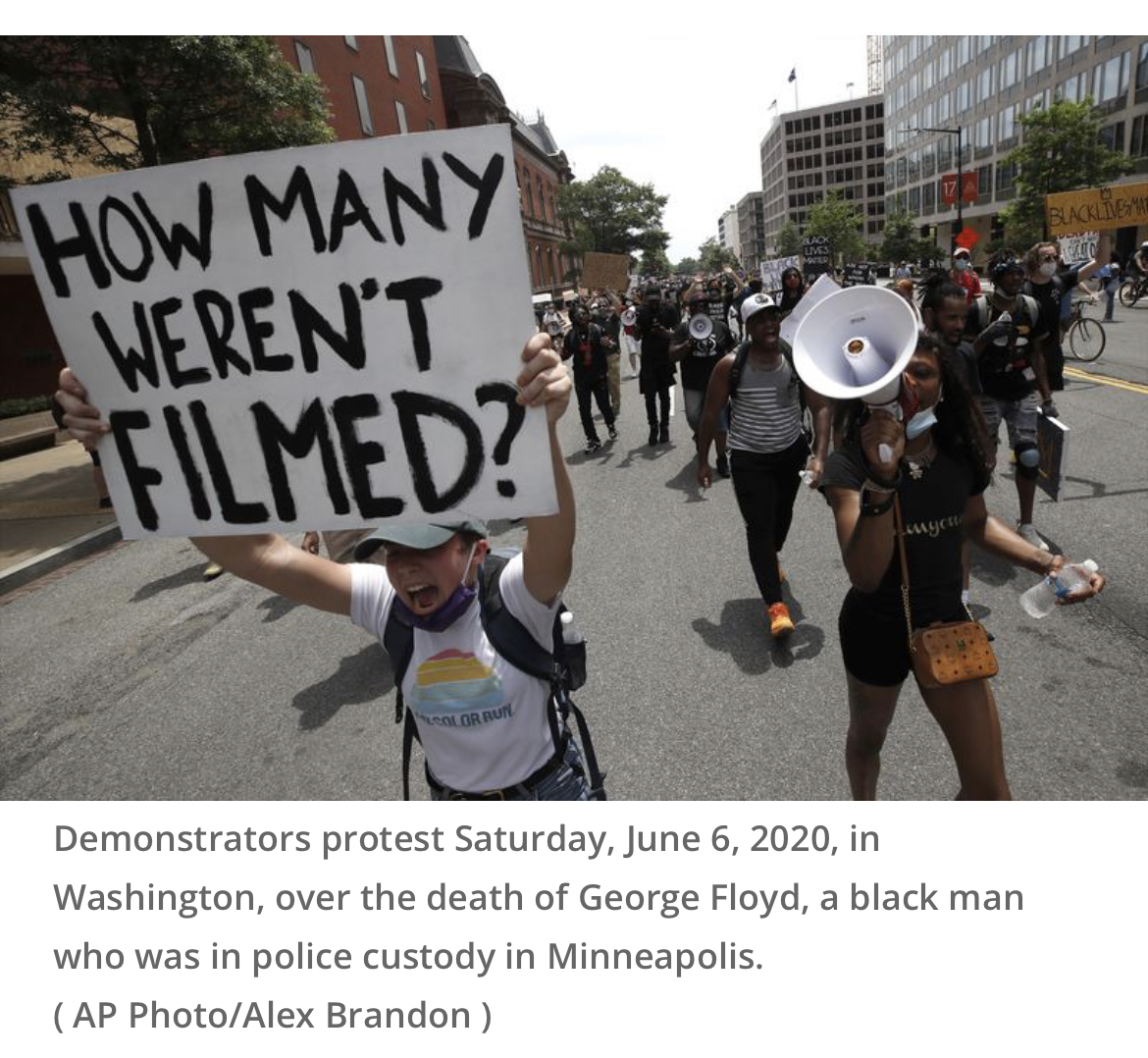
The Kentucky Lantern republishes an article by Lauren Sausser — that first appeared in Kaiser Health News — in today’s edition.
https://kentuckylantern.com/2022/12/19/mass-shootings-spur-debate-over-…
The Lantern’s staff notes in introductory comments:
“The Kentucky legislature in 2021 exempted from the Open Records Act photographs or videos that depict the death, killing, rape or sexual assault of a person . . . named in memory of Bailey Nicole Holt and Preston Ryan Cope, both 15, who were killed by an armed classmate at Marshall County High School on Jan. 28, 2018.
“Rep. Chris Freeland told the Marshall County Tribune Courier (https://www.tribunecourier.com/news/ky-house-passes-bailey-holt-preston…)he sponsored the bill on behalf of the victims’ families and the county and commonwealth’s attorneys of Marshall County.
“‘Those affected by the tragedy in Marshall County have already been victimized. These victims should not have to view these videos and images again in the public eye,’ Freeland said.
“Kentucky Open Government Coalition (https://kyopengov.org/) argued against the change at the time, saying the existing law already shielded victims and their families from being re-traumatized by allowing such images to be withheld unless their release would advance the public’s interest in monitoring public employee conduct, such as instances of police brutality or the abuse of inmates. Critics of the change say it could aid coverups of official wrongdoing.”
At the time, the Kentucky Open Government Coalition petitioned lawmakers, testified against, editorialized against, and entreated Governor Beshear to veto, the bill.
The introduction of the referenced exception to the open records law -- KRS 61.878(1)(q) -- was concurrent with the George Floyd, Ahmaud Arbery, Rayshard Brooks killings. These incidents underscored the importance of bystander and surveillance videos and photos.
The Kentucky Open Government Coalition tried to impress on lawmakers that the existing privacy exception (KRS 61.878(1)(a)) strikes the appropriate balance between public and private interests—and that videos/photos as described would be protected if they revealed nothing about the public interest in monitoring public employees’ discharge of their duties. We convinced a handful of lawmakers, but we lost the battle.
The new exception, KRS 61.878(1)(q), erects a barrier to access without reference to the competing public and private interests that are considered under the privacy exception.
Arguably, a police department in Kentucky could avoid accountability in a George Floyd scenario by invoking the new exception. The surveillance video of the David McAtee shooting in West Louisville following the murder of Breonna Taylor might also be withheld.
Does the Coalition agree that protections are appropriate to shield victims or deceased victims’ families from retraumatization?
Yes.
But the 45 year old privacy exception provides that protection UNLESS disclosure of the disputed video or photo advances the public’s interest in monitoring public employee conduct.
“[T]he policy of disclosure is purposed to subserve the public interest, not to satisfy the public's curiosity.” https://law.justia.com/cases/kentucky/supreme-court/1992/90-sc-498-dg-1…;
Video of a sexual assault of an inmate by a corrections officer; video of an inmate whose pleas for medical assistance are ignored; video of a police officer with his knee
on a denying man’s neck—these are all cases where the public interest is superior to privacy interests of survivors or their families.
Factual context is important—"the circumstances of a particular case will affect the balance. Moreover, the question of whether an invasion of privacy is 'clearly unwarranted' is intrinsically situational, and can only be determined within a specific context."
The exception enacted in 2021, and codified at KRS 61.878(1)(q), is absolute. Only a court order could dislodge records that have a direct and immediate bearing on the public's right to know that public agency and employees are properly discharging their statutorily assigned duties.
Lawmakers in 2021 were tone deaf to what was happening across the country. Subsequent events bear this out. since the enactment of KRS 61.878(1)(q), we’ve seen a slew of jail inmate deaths that are likely captured in surveillance video.
In addition, there is a major issue relating to the statute's ambiguity. By “death,” does the law envision the moment of death or the minutes or hours leading up to death. It’s marginally less ambiguous than the first version of the bill -- restricting access to “gruesome photos and videos” -- but still ambiguous.
The new exception was ill-advised when enacted and abridges the public's right to know.



